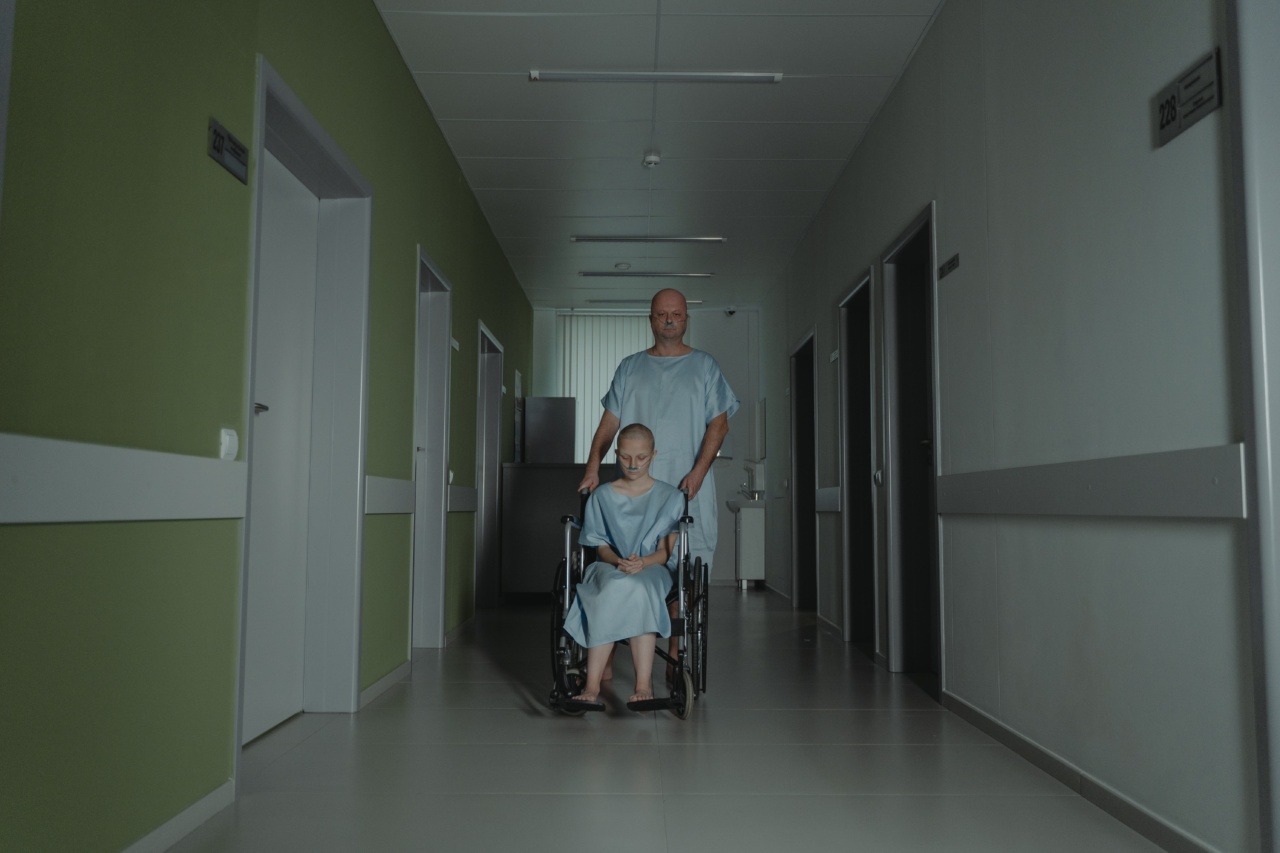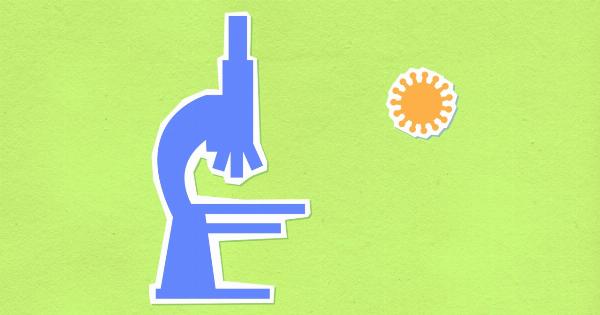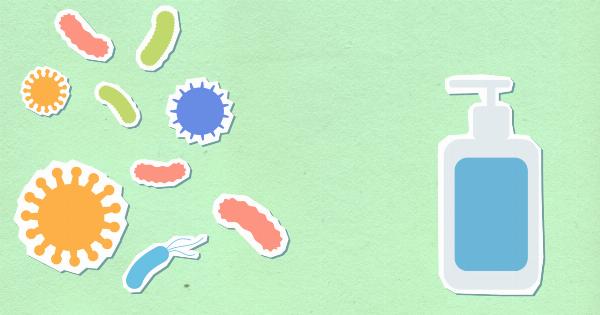Kissing is a universal expression of affection, but did you know that it can also transmit diseases? “Kiss disease,” or Infectious Mononucleosis (IM), is a viral infection that is caused by the Epstein-Barr virus (EBV).
It is spread through saliva, which means that kissing, sharing utensils or drinks, or even coughing and sneezing can spread the virus.
If you have been diagnosed with Infectious Mononucleosis, you might be worried about how you’re going to pay for your medical bills.
The good news is that many health insurance plans cover the cost of treatment for Kiss Disease, and there are other options available if you don’t have insurance. In this article, we’ll explore everything you need to know about Kiss Disease and insurance coverage.
What Is Kiss Disease?
Infectious Mononucleosis, or Kiss Disease, is a viral infection that is caused by the Epstein-Barr virus (EBV).
The virus is spread through contact with saliva, which means that kissing, sharing utensils or drinks, or even coughing and sneezing can spread the virus. Symptoms of Kiss Disease include:.
- Fever
- Sore throat
- Headaches
- Fatigue
- Swollen lymph nodes in the neck and armpit area
- Swollen tonsils
- Rash
While Kiss Disease is typically not serious and will go away on its own within a few weeks, it can be more severe in some cases.
If you have a weakened immune system, such as from HIV/AIDS or cancer treatment, you are at a higher risk of developing complications from Kiss Disease.
How Is Kiss Disease Treated?
There is no specific treatment for Kiss Disease, but your doctor can provide supportive care to help relieve your symptoms. This may include:.
- Resting and getting plenty of fluids
- Taking over-the-counter pain relievers or fever reducers
- Gargling with salt water to soothe a sore throat
- Using a humidifier or vaporizer to relieve congestion
- Avoiding strenuous activity and contact sports until you have fully recovered
If you have severe symptoms or complications from Kiss Disease, your doctor may prescribe antiviral medication or steroids to help manage your symptoms.
Does Insurance Cover Kiss Disease Treatment?
The good news is that many health insurance plans cover the cost of treatment for Kiss Disease. This includes doctor visits, diagnostic testing, and any necessary medications.
However, you should always check with your insurance provider to see what specific services are covered under your plan.
Even if you don’t have insurance, there are still options available to help you cover the cost of Kiss Disease treatment.
Some hospitals and clinics offer reduced fees or sliding scale fees for low-income patients, or you may be eligible for government programs like Medicaid or Medicare.
What Should I Do If I’m Diagnosed with Kiss Disease?
If you have been diagnosed with Kiss Disease, the most important thing is to get plenty of rest and fluids and to take care of yourself.
Follow your doctor’s instructions for managing your symptoms, and avoid any activities that could put you at risk of further complications, such as contact sports.
Make sure that you check your insurance plan to see what services are covered and what your copay or deductible will be for any treatments or medications.
If you don’t have insurance, don’t be afraid to ask your healthcare provider about other options that may be available to you.
Prevention Tips for Kiss Disease
The best way to prevent Kiss Disease is to avoid contact with saliva from infected individuals. This includes:.
- Avoiding sharing drinks, utensils, or personal items like toothbrushes
- Avoiding kissing or having close contact with someone who has Kiss Disease
- Washing your hands frequently and thoroughly
- Covering your mouth and nose when you cough or sneeze, and handing respiratory materials promptly after use
If you are diagnosed with Kiss Disease, it is important to take steps to prevent spreading the infection to others.
This may include avoiding close contact with others until your symptoms have resolved, covering your mouth and nose when you cough or sneeze, and washing your hands frequently.
Conclusion
Kiss Disease, or Infectious Mononucleosis, is a viral infection that is spread through contact with saliva. While typically not serious, it can cause severe symptoms in some cases.
Many health insurance plans cover the cost of treatment for Kiss Disease, and there are other options available if you don’t have insurance. If you have been diagnosed with Kiss Disease, be sure to follow your doctor’s instructions for managing your symptoms and check your insurance plan to see what services are covered.



























